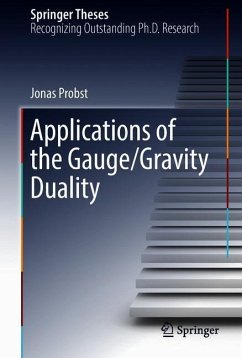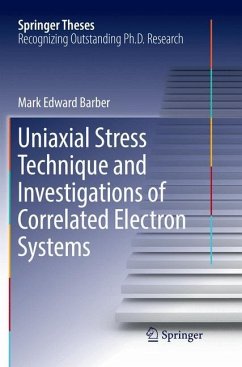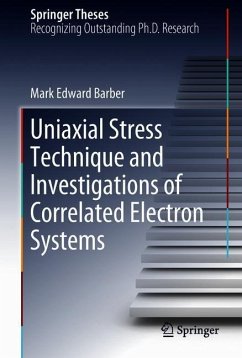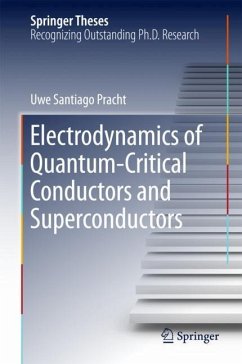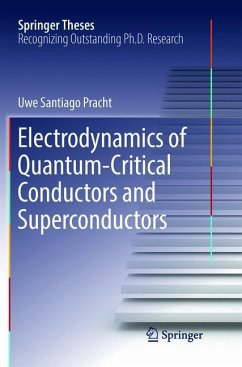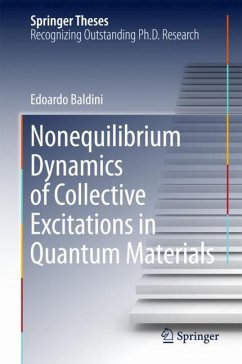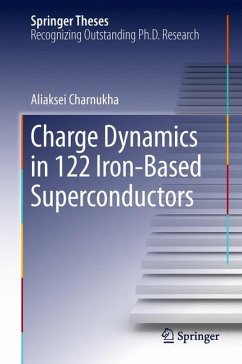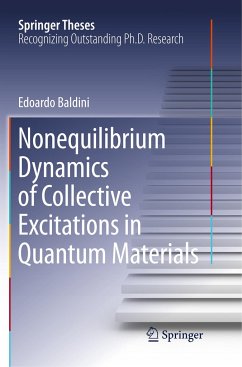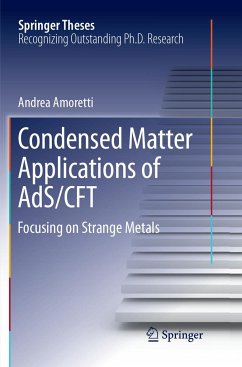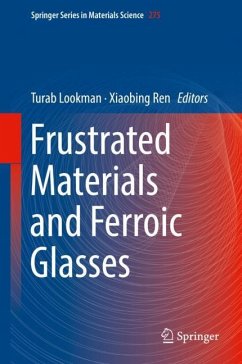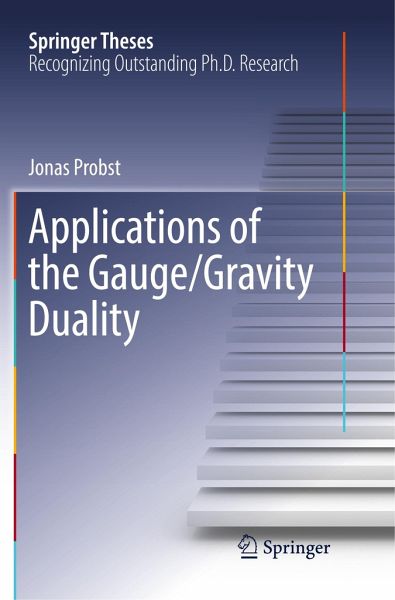
Applications of the Gauge/Gravity Duality
Versandkostenfrei!
Versandfertig in 6-10 Tagen
83,99 €
inkl. MwSt.
Weitere Ausgaben:

PAYBACK Punkte
42 °P sammeln!
Many open questions in Theoretical Physics pertain to strongly interacting quantum systems such as the quark-gluon plasma (QGP) produced in heavy-ion collisions or the strange-metal phase observed in many high-temperature superconductors. These systems are notoriously difficult to study using traditional methods such as perturbation theory, but the gauge/gravity duality offers a successful alternative approach, which maps strongly interacting quantum gauge theories to computationally tractable, classical gravity theories. This book begins with a pedagogical introduction to how the duality can ...
Many open questions in Theoretical Physics pertain to strongly interacting quantum systems such as the quark-gluon plasma (QGP) produced in heavy-ion collisions or the strange-metal phase observed in many high-temperature superconductors. These systems are notoriously difficult to study using traditional methods such as perturbation theory, but the gauge/gravity duality offers a successful alternative approach, which maps strongly interacting quantum gauge theories to computationally tractable, classical gravity theories. This book begins with a pedagogical introduction to how the duality can be used to extract transport properties of quantum systems from their gravity dual. It then presents new results on hydrodynamic transport in strongly interacting quantum fluids, providing strong evidence that the Haack-Yarom identity between second-order transport coefficients holds for all fluids with a classical gravity dual and may be a universal feature of all strongly coupled quantum fluids such as the QGP. Newly derived Kubo formulae, expressing transport coefficients in terms of quantum correlators, hold independently of the duality. Lastly, the book discusses new results on magnetic impurities in strongly correlated metals, including the first dual gravity description of an inter-impurity coupling, crucial for the quantum criticality underlying the strange-metal phase.





